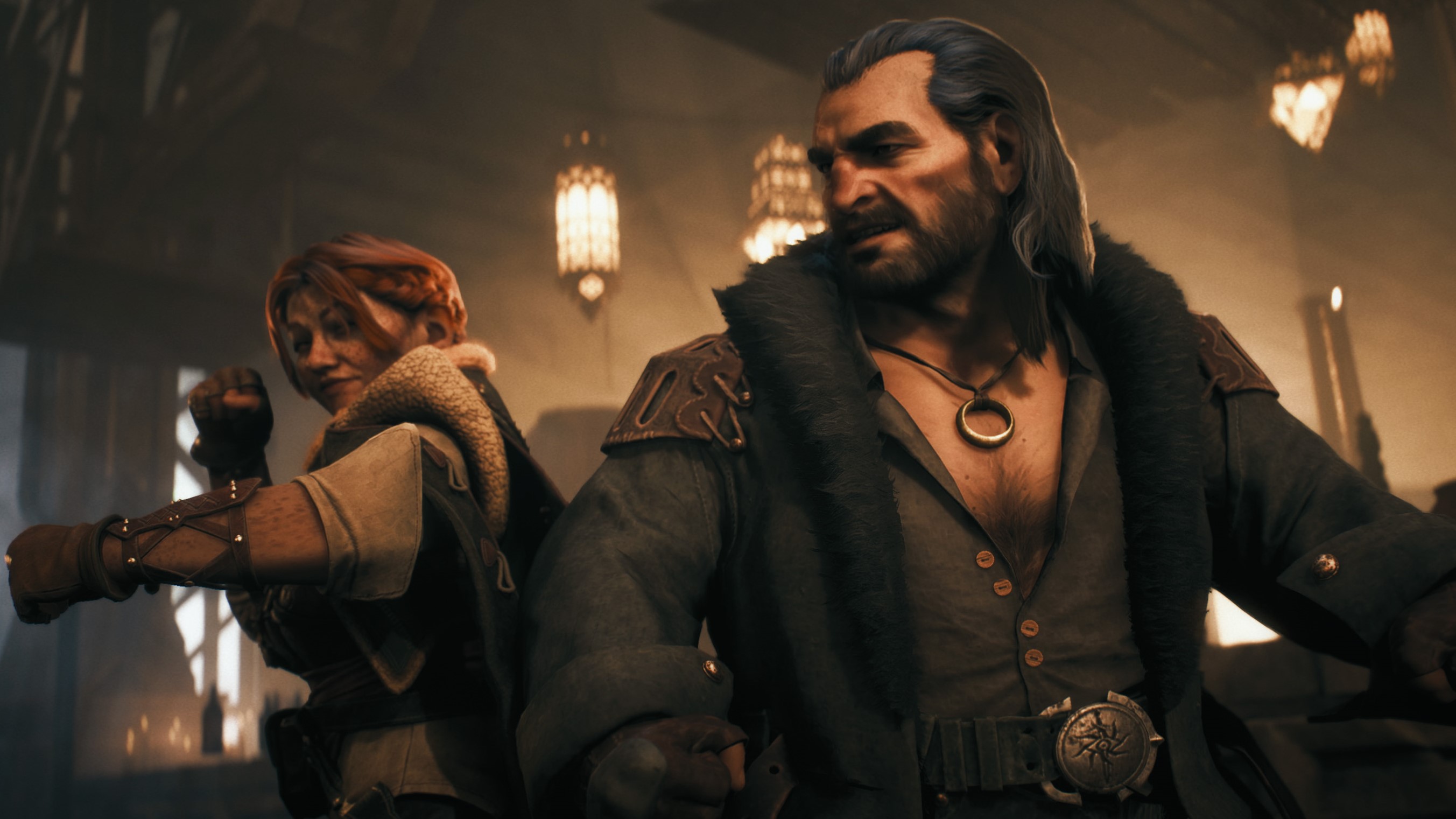I’ve noticed a trend—particularly in some recent RPGs—of, well, let’s call it ‘Netflixiness’.
Dialogue designed to leave absolutely nothing to interpretation, to exposit information in the most direct way possible, devoid of any real character or context. There’s an assumption that any moment the audience spends confused, curious, or out-of-the-loop is a narrative disaster.
I hate to keep knocking Dragon Age: The Veilguard about, especially since I still had a decent time with it all told, but the thing that made me break off from it after 60 hours really was its story. It’s a tale that does get (slightly) better, but it gave me a terrible first impression I never quite shook.



there probably shouldn’t be a lot of friction for things the player isn’t supposed to be focused on, like say the interface should be unobtrusive and easy to navigate, a player probably shouldn’t have to use moon logic to figure out how to open a door. Things that aren’t the focus shouldn’t require the player’s focus.
but a story driven game should have the player focusing on the story, not actively encouraging them to ignore it!
Players who don’t care about the story would probably be better served by a different game altogether.
Yep, exactly. That’s the good use of lack of friction. The philosophy I have is just that it shouldn’t be seen as always good no matter what. It changes the experience to remove friction, so any decision to do so should be thoughtfully done with the experience in mind.